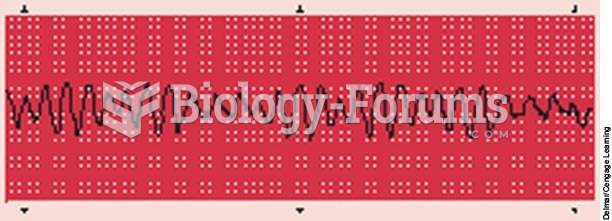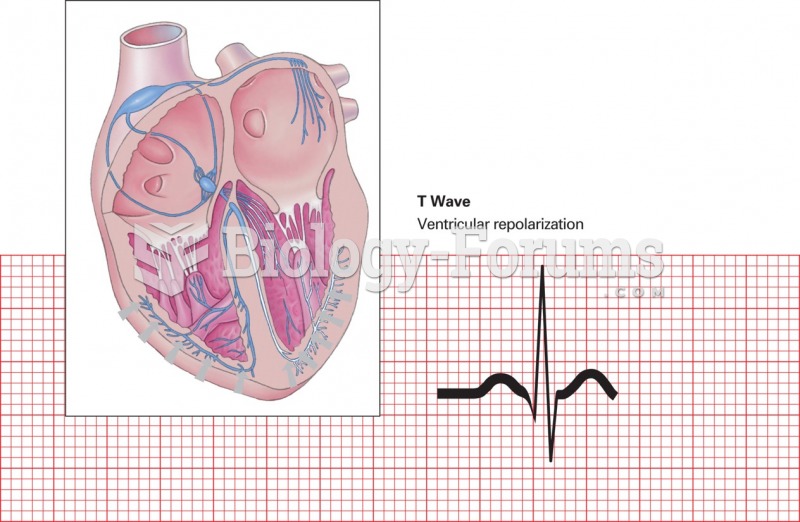|
|
|
Elderly adults are at greatest risk of stroke and myocardial infarction and have the most to gain from prophylaxis. Patients ages 60 to 80 years with blood pressures above 160/90 mm Hg should benefit from antihypertensive treatment.
Alzheimer's disease affects only about 10% of people older than 65 years of age. Most forms of decreased mental function and dementia are caused by disuse (letting the mind get lazy).
To maintain good kidney function, you should drink at least 3 quarts of water daily. Water dilutes urine and helps prevent concentrations of salts and minerals that can lead to kidney stone formation. Chronic dehydration is a major contributor to the development of kidney stones.
For about 100 years, scientists thought that peptic ulcers were caused by stress, spicy food, and alcohol. Later, researchers added stomach acid to the list of causes and began treating ulcers with antacids. Now it is known that peptic ulcers are predominantly caused by Helicobacter pylori, a spiral-shaped bacterium that normally exist in the stomach.
There are more bacteria in your mouth than there are people in the world.
 Chinese workers on a railway in the far West. “Without them,” Leland Stanford, president of the Cent
Chinese workers on a railway in the far West. “Without them,” Leland Stanford, president of the Cent
 Effects of septal defects: (A) normal shunt; no cyanosis; (B) increased pressure in right ventricle; ...
Effects of septal defects: (A) normal shunt; no cyanosis; (B) increased pressure in right ventricle; ...





